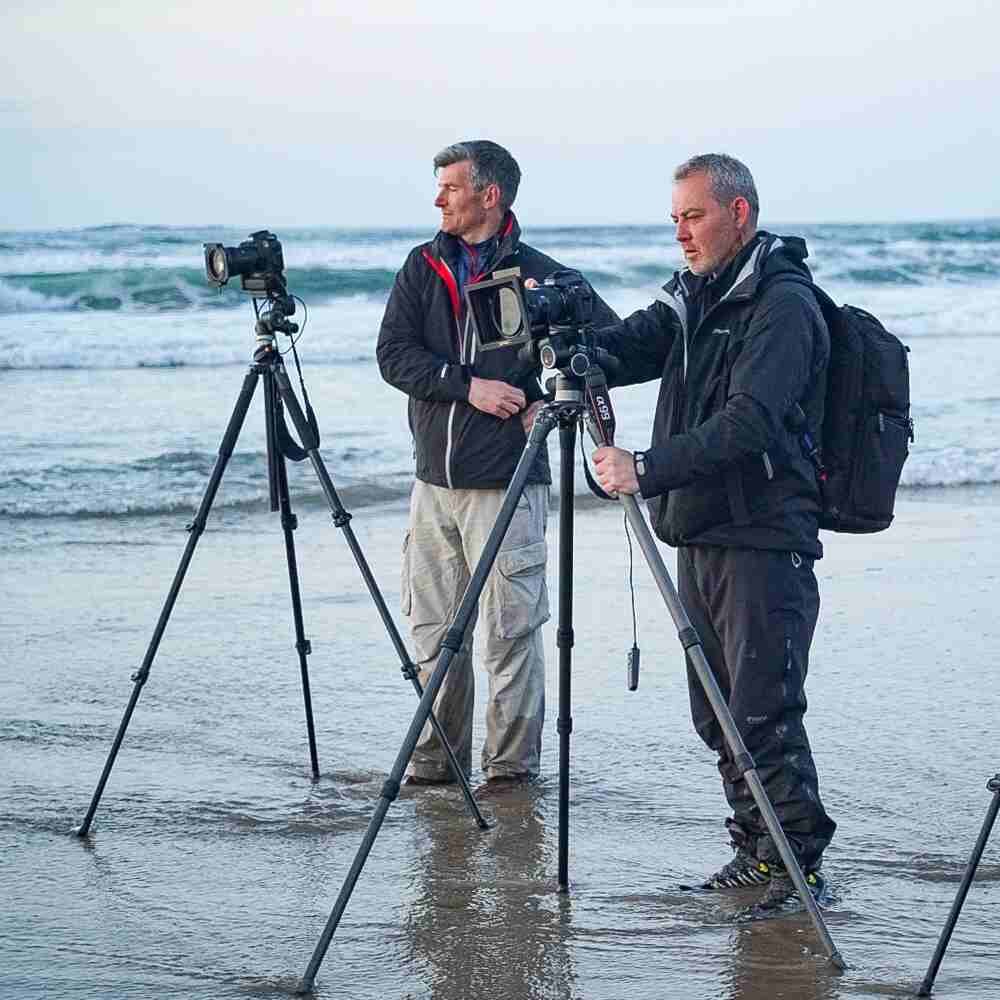Interview with Dennis for his RPS Distinctions
1. Why did you want to gain a distinction with the Royal Photographic Society (RPS)?
I had subscribed to RPS for many years and therefore saw successful panels and always wondered whether I could get up to that standard. At 71 I decided to put that to the test.
2. Why did you choose Alan to mentor you for RPS Distinctions and had you worked with Alan before the RPS Mentoring Course?
I wasn’t a member of a photography club with regular competitions and consequently didn’t have much experience of selecting images against a set of criteria and for those images to be critiqued by someone else. I, therefore, needed to learn those skills. Before joining the course, I attended one of Alan’s Arboretum workshops.
3. Describe how you found the RPS Mentoring Classes.
I started the programme just before Covid and therefore had three face-to-face group sessions. Subsequently, the sessions were on Zoom. Both face-to-face and Zoom sessions enabled me to see what other photographers at various stages in the process were submitting and hear Alan’s comments about their images.
Alan sets high standards! He taught me to look more critically for compositional and technical errors. He suggested how post-processing may improve potential images but there isn’t time on the programme, nor is it one of the course objectives, for Alan to teach post-processing. I, therefore, did Group Zoom courses with him and RPS trainers on Nik, Lightroom and Photoshop to tackle post-processing in a systematic way to achieve an objective.
I extended the course to two years simply because there were periods in the initial year when other priorities arose. Deep down I’m a ‘perfectionist’ and consequently, despite Alan’s patience, support and advice, I began to realise that I was in a cycle of wanting to continually ‘improve ‘every image. I also had numerous other major commitments vying for my time. I, therefore, decided to stop the course at that point and take stock.
After a period when I dealt with those other priorities, I re-focused on the project. I realised the only way for me to determine whether I had reached the RPS standard was to submit a panel without further feedback /training sessions. I reviewed the images and spares presented to the RPS Portfolio Reviews and some other ‘favourites’ and selected a sub-set of images. Some images only required fine-tuning to be candidates for the panel, whilst others required a processing plan from a ‘stable’ image. However, I believed I had the training to select a panel and process those images in a consistent way.
The final stage for me was to print the panel plus ‘variants’ full size so I could see them physically in place within the prospective panel rather than on a screen.
Throughout the course, Alan emphasised to all candidates that it was their panel which they needed to own. He was simply expressing an opinion. It is a testament to the training I’d received, that despite a five-month break, I was able to select the final images and create a panel I was happy with and met the standard required.
4. Do you feel you got the right level and input of support from the course?
Yes
5. Did you feel you were already good enough to gain a distinction with the RPS before you started the mentoring course?
No. I knew that within my catalogue, I had some ‘good’ photographs, but I learned from Alan’s critique, that even the ‘good’ photographs could be improved by targeted post-processing to get them to an ‘appropriate’ standard. I also learned how to create a ‘panel’ which I hadn’t done before. After the course, I felt confident that I could achieve the standard.
6. What RPS Distinctions did you apply for and were you successful?
I successfully submitted a panel for the Print ‘Licentiate’ Fine Art.
7. What was your experience like of the RPS Distinctions Assessment Day?
I found the RPS staff very helpful in dealing with queries I had about the submission prior to the Assessment but I had a prior commitment on the day of the Assessment.
8. Did you seek independent advice, feedback or input from anywhere else before your panel assessment?
I’m aware some applicants use Club Members or Judges to get feedback on their prospective panel. Not being a member of a club meant I didn’t have that resource. However, I did use the two RPS Distinctions 1:1 Portfolio Reviews to help me review individual images and alternative panels. Both reviewers also empathised that their review was a personal opinion but being able to discuss draft panels and substitutes with panel members were very useful.
9. Having completed the course and RPS Distinctions Assessment, what advice would you like to share with others?
If you can accept ‘critique’ and learn from that process you should go for it! With Alan’s guidance, as a minimum, you will learn to be a better photographer and, if you acquire the necessary skills, you will have the satisfaction of your achievement being recognised.
10. What was the hardest part of gaining a distinction with the RPS and why?
The hardest part of the process was the creation of a cohesive panel rather than simply selecting my 10 ‘best images’.
11. Has working for a RPS Distinctions helped you progress as a photographer?
Yes. That was one of the objectives and consequently, I tried to ensure that I did so across the whole range of skills required to gain the Licentiate.
12. Any other comments you would like to add.
Enjoy it!






































